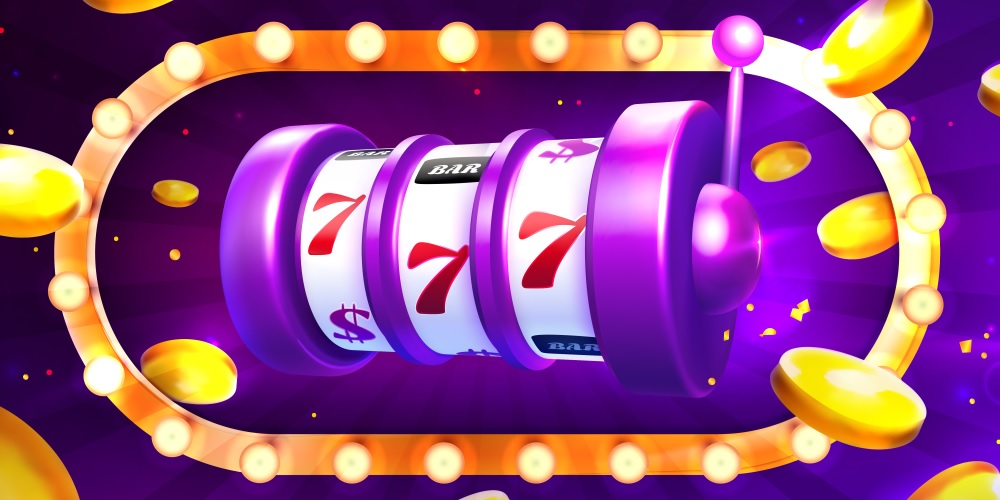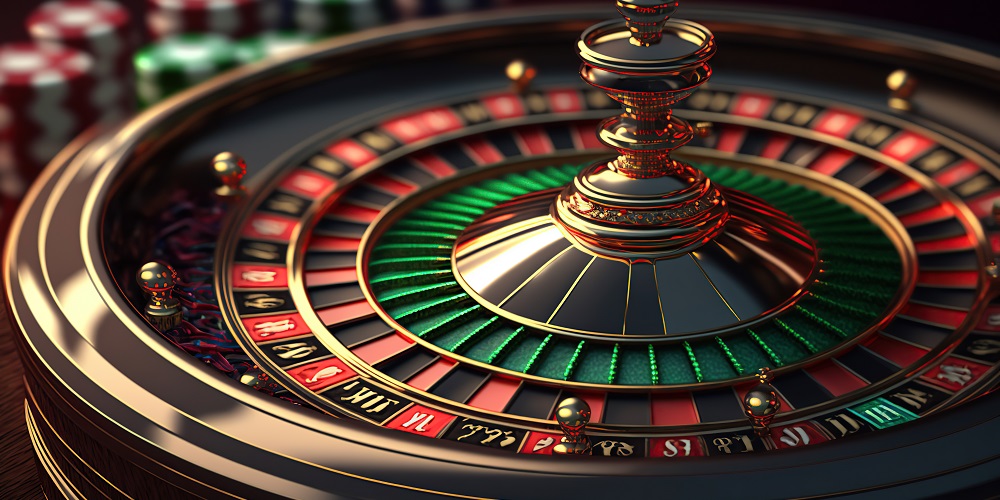

RTP in slots: what it is and how to calculate it

Slot machines are one of the most beloved casino games all
over the world.
They attract precisely because of the thrill
they allow you to experience and the great excitement they generate, as
well as for their simplicity and the possibility of obtaining cash prizes
without much complication.
If you are looking to better understand these machines and maximize your chances of winning, it is essential that you familiarize yourself with the concept of RTP, or "Return to Player". Throughout this post we will explain what RPT is and why you should give it the importance it deserves.
What is the RTP in slots

The RTP, or Return to Player, is a very
important term in the world of slots. In short, the RTP represents the
percentage of money that a player can expect to recover in the long term while
playing a particular slot.
This value is expressed as a percentage
and is a fundamental statistic for understanding how slots work and how much
money a player could win or lose in a given time frame.
For example, if a slot machine has an RTP of
96%, this means that, theoretically, a player can expect to recoup 96% of
his investment in the game in the long run.
In other words, the higher the RTP of a slot
machine, the greater the likelihood that players will consistently win in the
long term.
RTP is a key indicator of slot machine fairness and transparency. Laws in most jurisdictions require slot manufacturers and operators to disclose the RTP of their games to ensure that players are informed about the actual likelihood of their investment being recouped before they start playing.
How to calculate RTP on
slots

Calculating the RTP of a specific slot machine
is a process that involves mathematics and statistics, but you don't
need to be a mathematical genius to understand it.
To calculate RTP, you need two key
pieces of information: the total winnings paid out by the machine and the total
bets placed by players.
- Total Winnings Paid by the Machine. This is the total amount of money the machine has paid out in prizes to players. You will usually find this information in the machine's records or on the website of the online casino where you are playing. Often, casinos publish the RTPs of their online slots, which makes this part of the calculation easier.
- Total Bets Placed by Players. The total amount of money players have wagered on the machine during a given period. You can also find this information in the casino's records or online.
With these two figures in hand, the RTP
calculation is quite simple:
RTP = (Total Winnings / Total Wagers) x 100
For example, if a slot machine has paid out a
total 6.000 € in winnings and players have wagered a total of 11.000 € on that
machine, the calculation would be:
RTP = (6,000 / 11,000) x 100 = 54
This 54% result indicates that the RTP of that
particular slot machine is 54%, which means that, on average, players can
expect to recover 54% of their investment in the long run.
It is important to note that the RTP is a long-term average and does not guarantee specific wins or losses in an individual gaming session. Results can vary markedly in the short term due to the random nature of slots.
The importance of RTP in
the choice of a slot machine

The knowledge of the RTP is fundamental for all
those who want to make better informed decisions when choosing a slot
machine to play.
If you have the choice between several slot
machines, opting for the one with the highest RTP will give you a mathematical
advantage in the long run. This does not mean that you will win every time you
play, but it will increase your chances of winning in the long run
compared to a slot machine with a lower RTP.
For example, if you have the option of
playing two slots: one with an RTP of 56% and one with an RTP of 90%, it
makes sense to choose the latter, as it gives you a better chance of sustained
wins over time.
However, it is important to remember that the
RTP is not the only factor to consider when choosing a slot machine. Other
elements, such as the volatility of the game, the type of bonuses and so
on, can also affect your gaming experience and your chances of winning.
Choosing the right slot machine depends on your personal preferences and your
playing style, don't forget that.
You may also be interested in:
You may also like

Profitable Casino Games: Choose the Best One for Your Experience
Profitable Casino Games: Choose the Best One for Your ExperienceNot all casino games are created equal—some are purely chance-based, while others offer room for skill and strategy. Selecting the ri...

The Best Casinos in the World to Play Poker in 2025
The Best Casinos in the World to Play Poker in 2025For poker lovers, nothing compares to the thrill of playing at a world-class casino, surrounded by professionals, bright lights, and million-dolla...

Live roulette: the best online roulette rooms to play roulette online
Roulette is one of the most loved casino games by the community of fans who like to try their luck in one of the many casinos, physical or virtual, that are available today.Something as basic as se...









